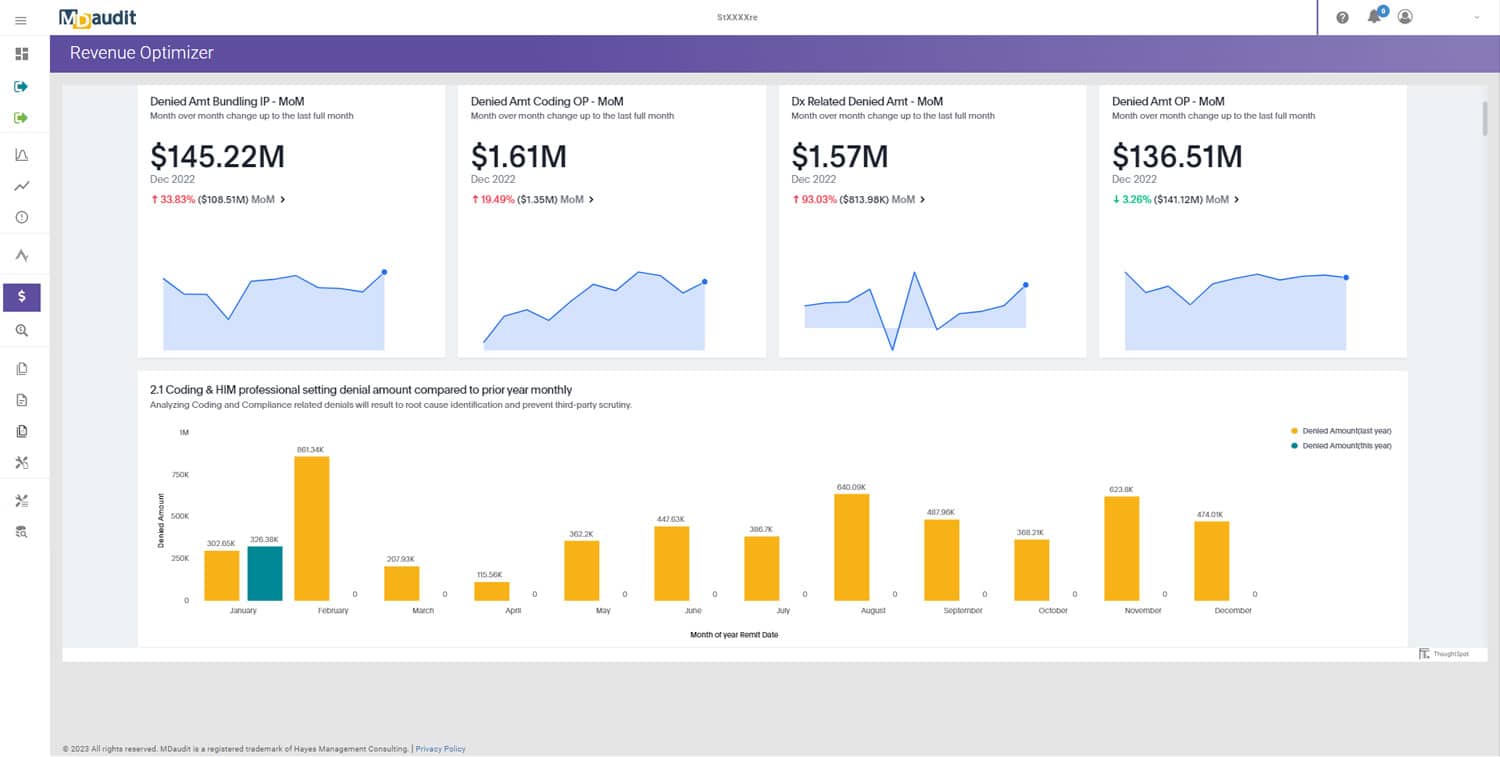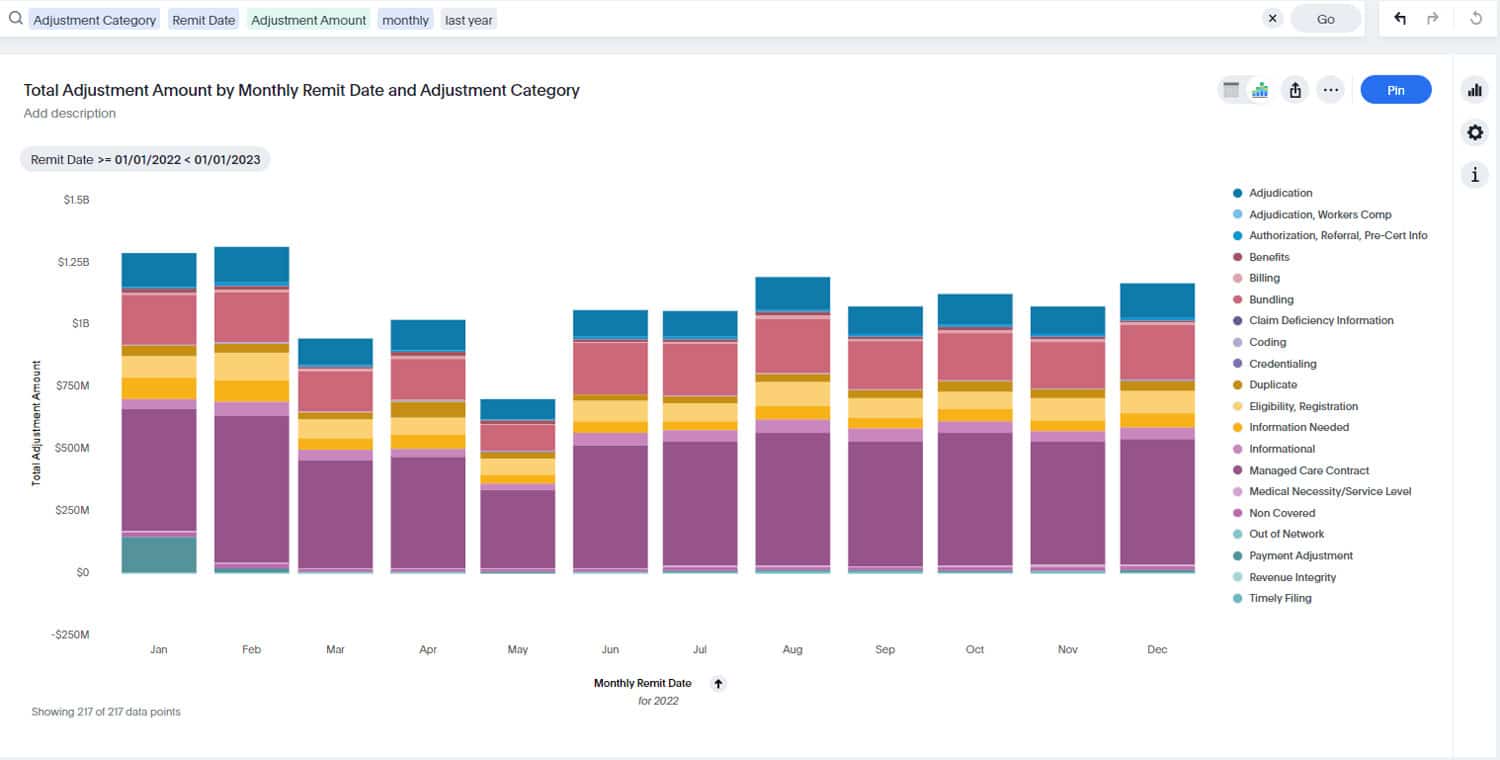Even before the COVID-19 pandemic dealt a significant blow to their bottom lines, hospitals, and health systems nationwide were functioning under razor-thin margins and ongoing operational losses. Now, the situation is even grimmer—thanks in large part to pressing pause on major elective surgeries during the pandemic and an increase in denials as healthcare organizations navigate a fluid regulatory environment and learn how to interpret evolving guidance around coding and billing for COVID-19 related care.
Recovery and survival require healthcare organizations to find ways of capitalizing on all appropriate reimbursement opportunities and avoiding the revenue cycle bottlenecks that can result from denied or delayed claims. They must also quickly and proactively identify and address compliance issues to avoid potential bottom-line losses when auditors come knocking to ensure appropriate use of stimulus dollars.
For University of Utah Health, the solution was to enhance the agility of its five-person Quality and Compliance Support team, tasked with internal and external audits for the health system’s five hospitals and 12 community clinics. The health system deployed MDaudit Enterprise from Hayes as a key part of its strategy to accelerate key aspects of its revenue cycle process through automation and streamline the process for complex retrospective audits.
A cloud-based healthcare compliance and revenue integrity platform, MDaudit automates many of the manual processes involved with retrospective reviews to support expedient responses to denials and audits. The platform integrates AI-based capabilities such as natural language search (NLS), anomaly detection and machine learning models with analytics modules to boost productivity and help organizations predict and plan strategies for the future.
Implementation of MDaudit Enterprise was completed just ahead of the COVID-19 pandemic—timing that provided an early glimpse of the value the platform would deliver. As patient account volumes skyrocketed, the Quality and Compliance Support team was drafted to help support coding for COVID accounts. Rapid coding changes required constant corrections and account rebuilds, which were aided by the platform’s built-in COVID templates.
Beyond pandemic response, MDaudit Enterprise has ramped up efficiencies in the department with its easy access to information needed for effective retrospective auditing. It also simplifies audit build—something that previously could take a full, frustrating day just to pull the needed account.
Ultimately, MDaudit Enterprise has aided in the recapture of nearly $60 million in at-risk charges and revenues for University of Utah Health, including COVID-19 related services. It has also set the stage for a future move to a holistic revenue integrity strategy that also includes prospective audits, which will help the health system catch errors before they ever leave the billing department. Prospective audits also show regulators that the organization is proactive with its billing processes.
Read more about University of Utah Health’s use of MDaudit Enterprise for retrospective audits and to mitigate the financial impact of the pandemic.





